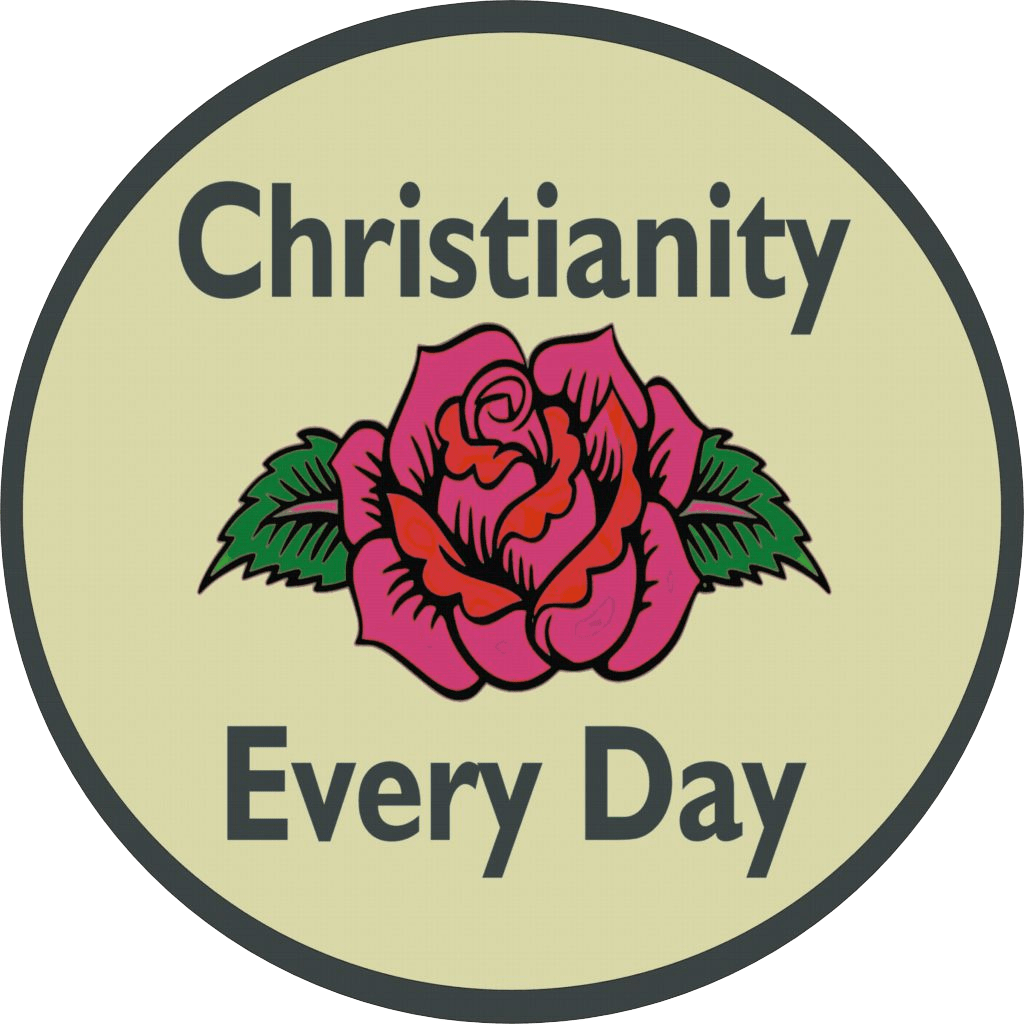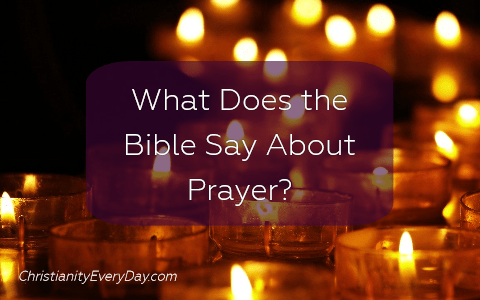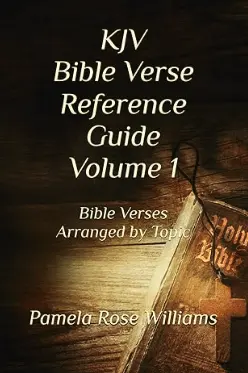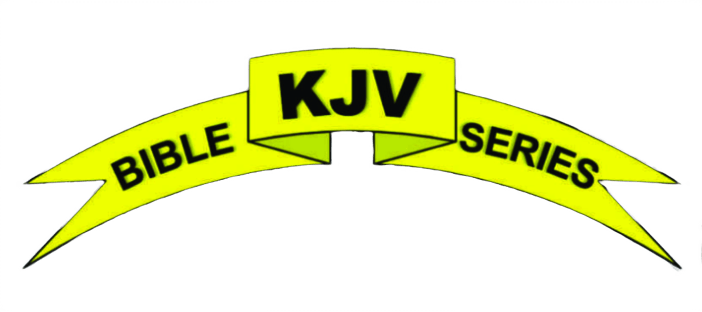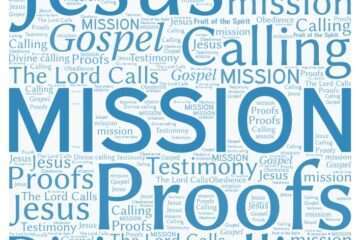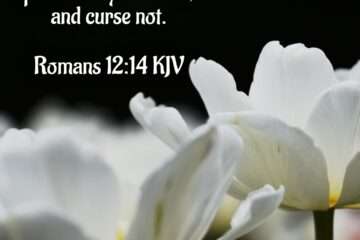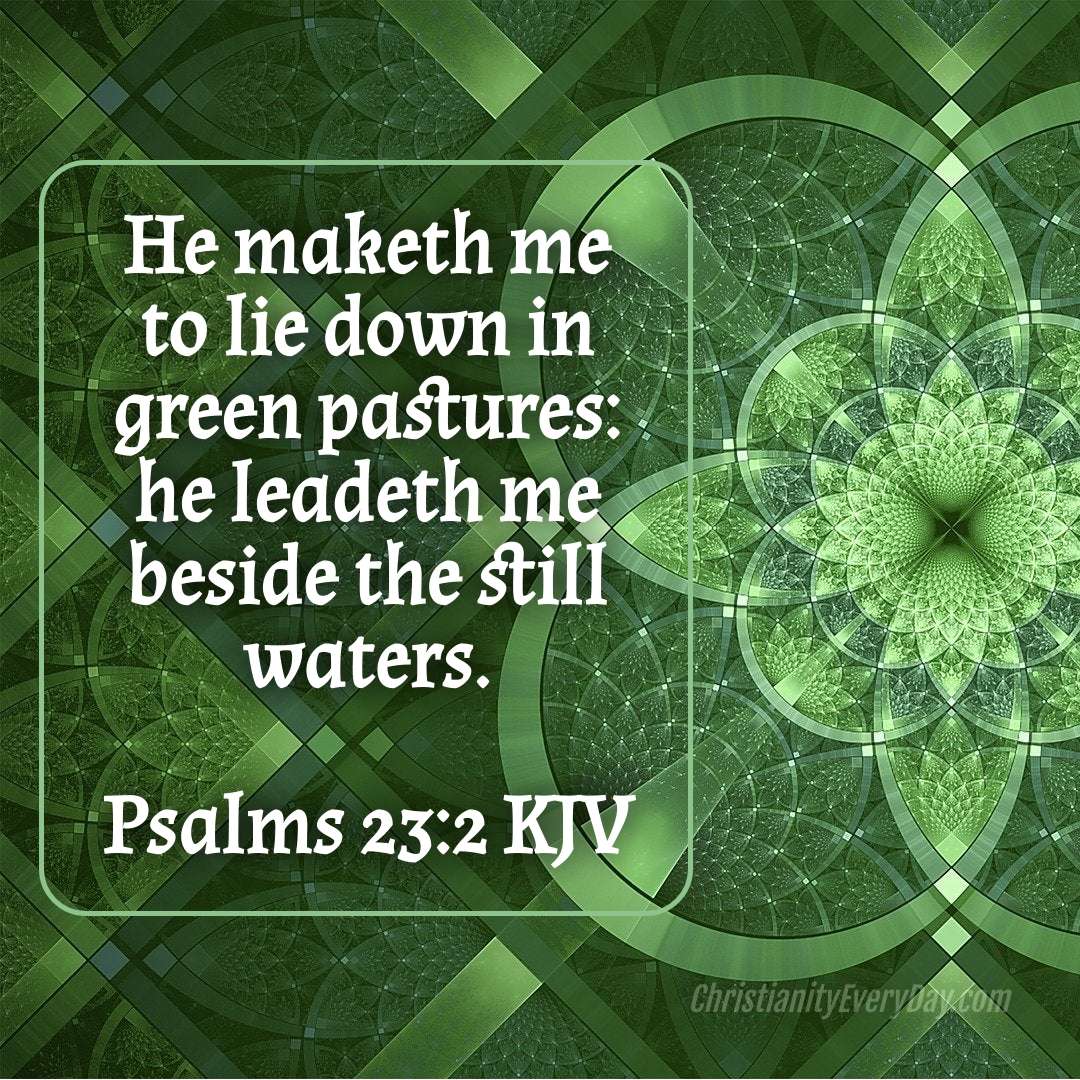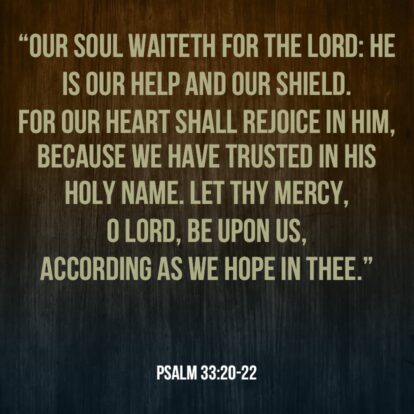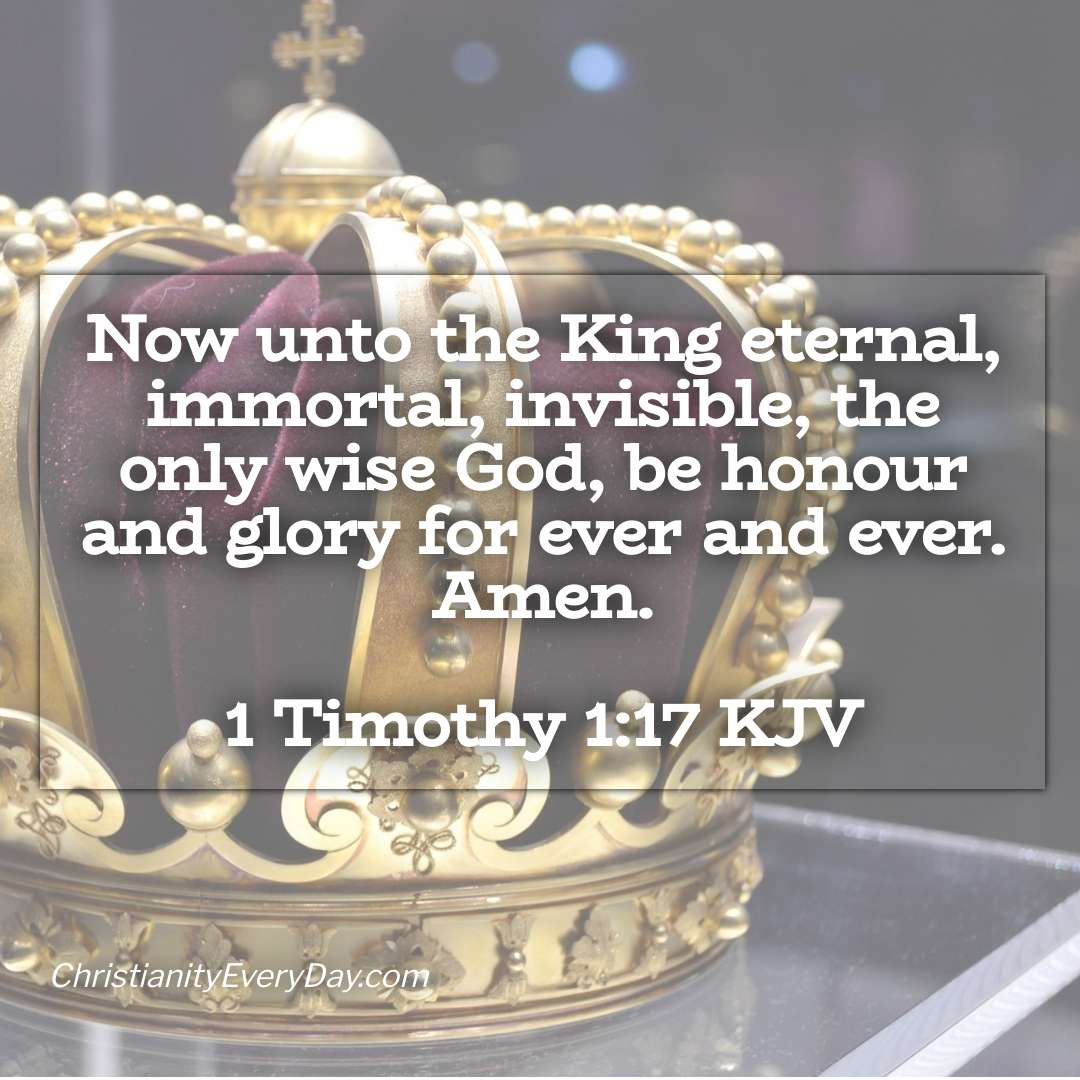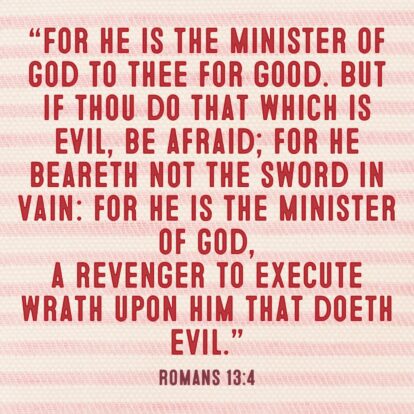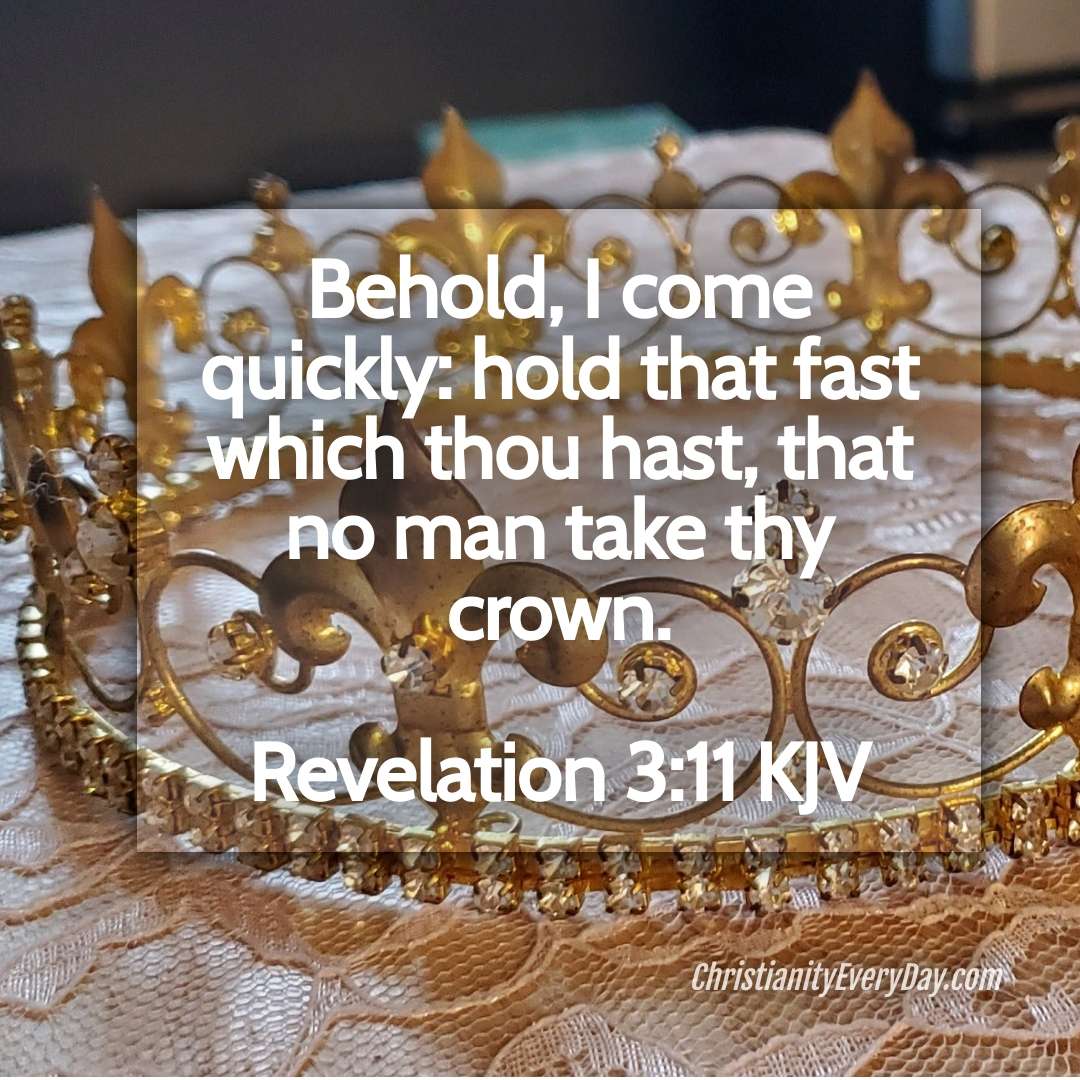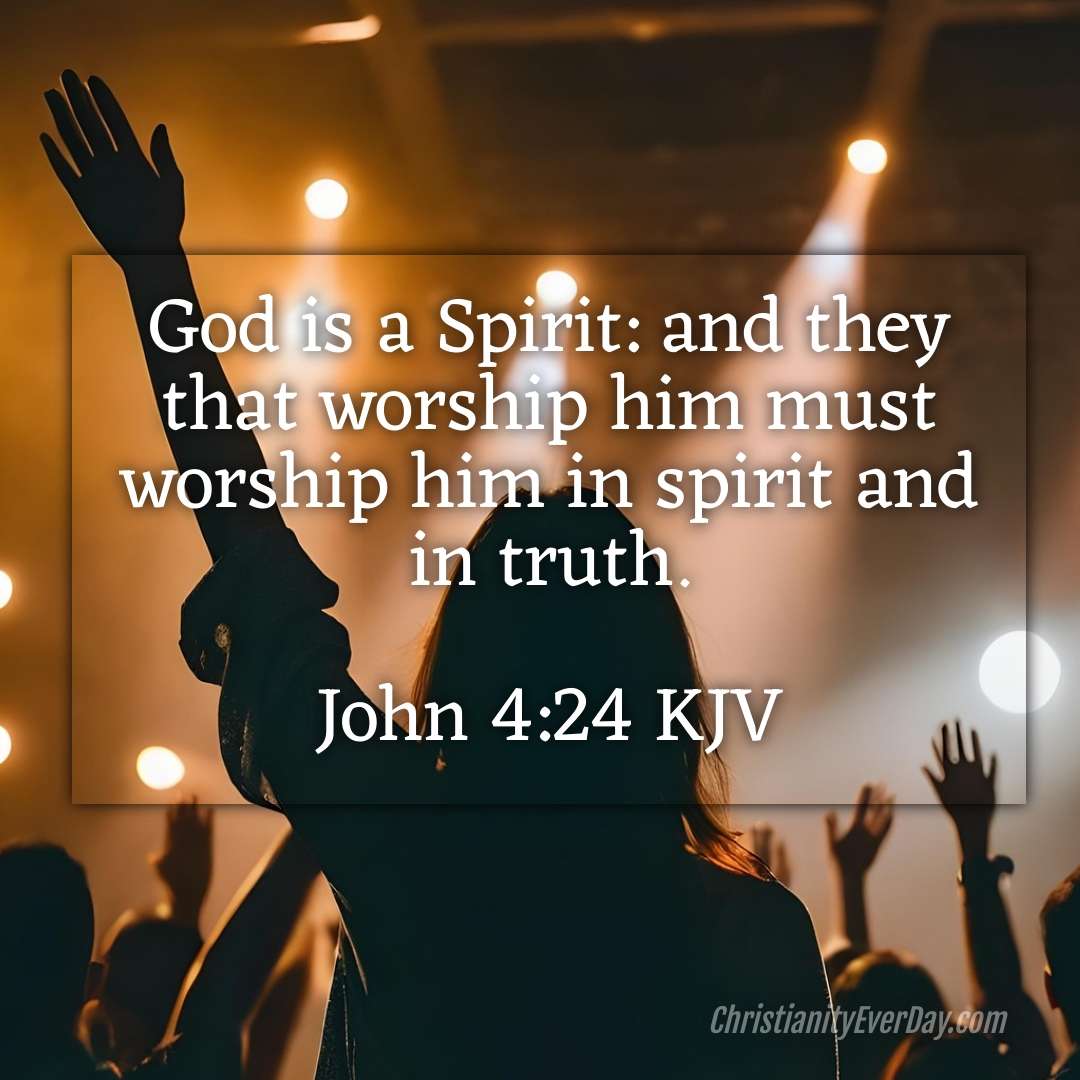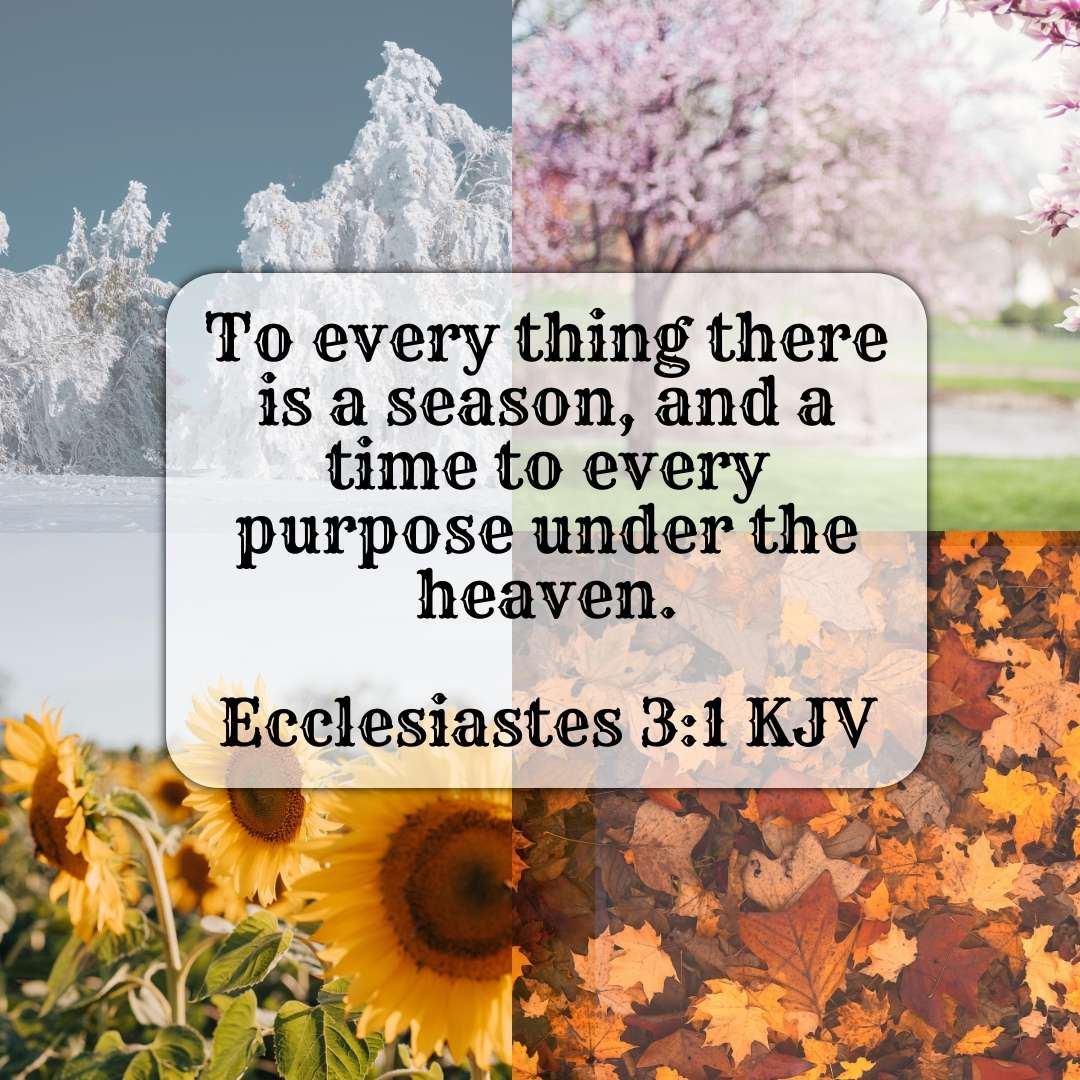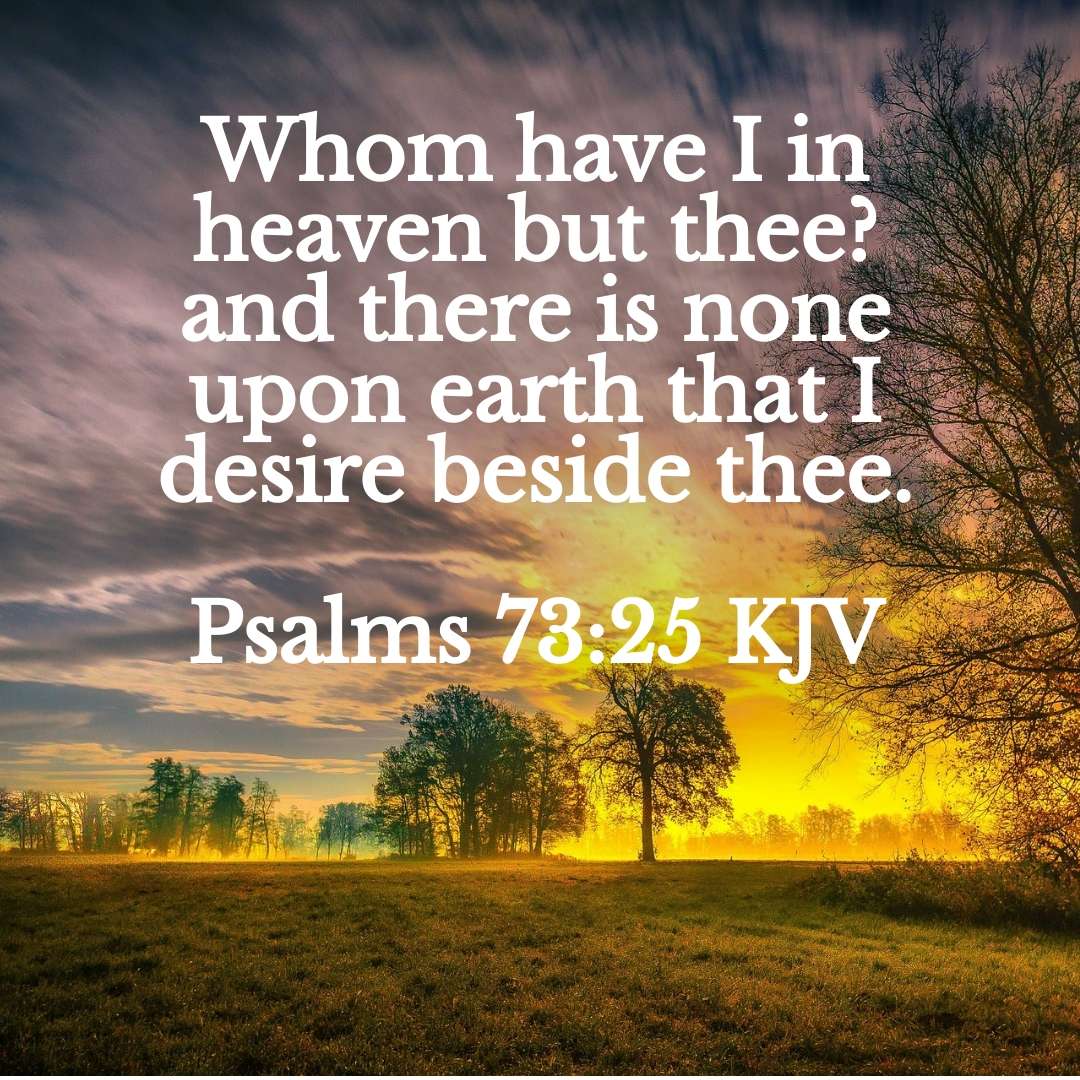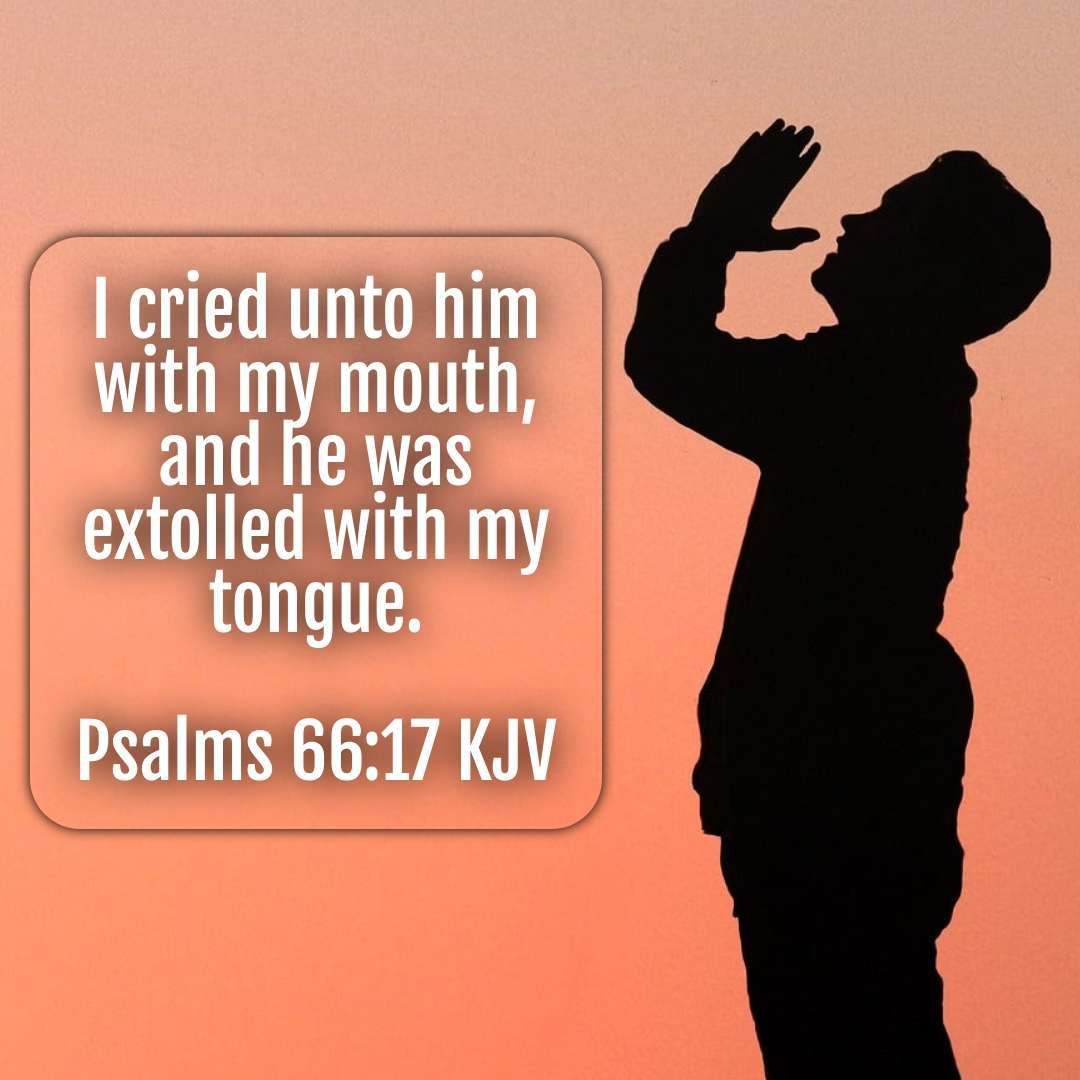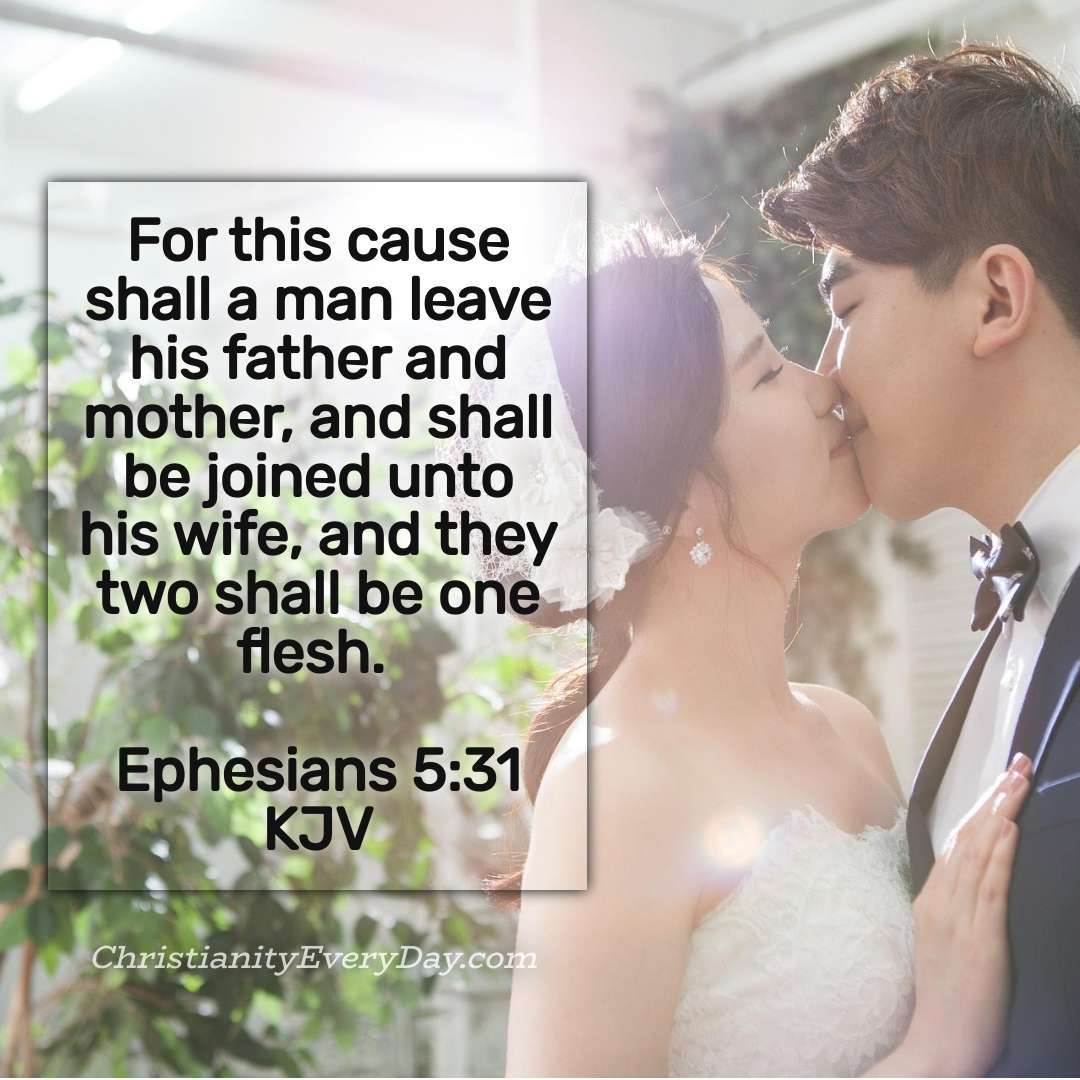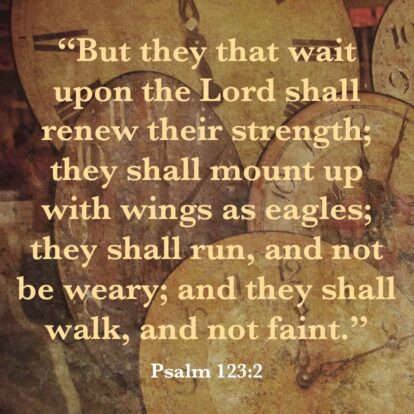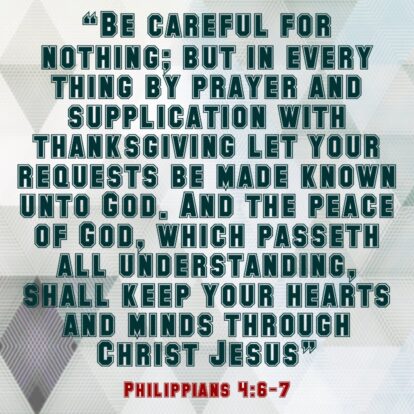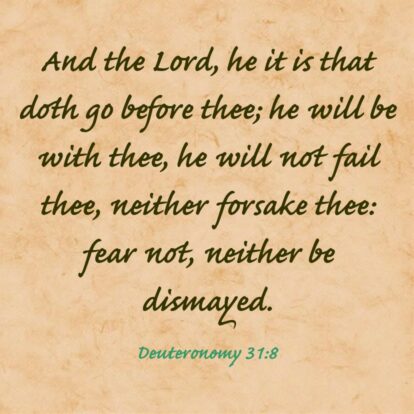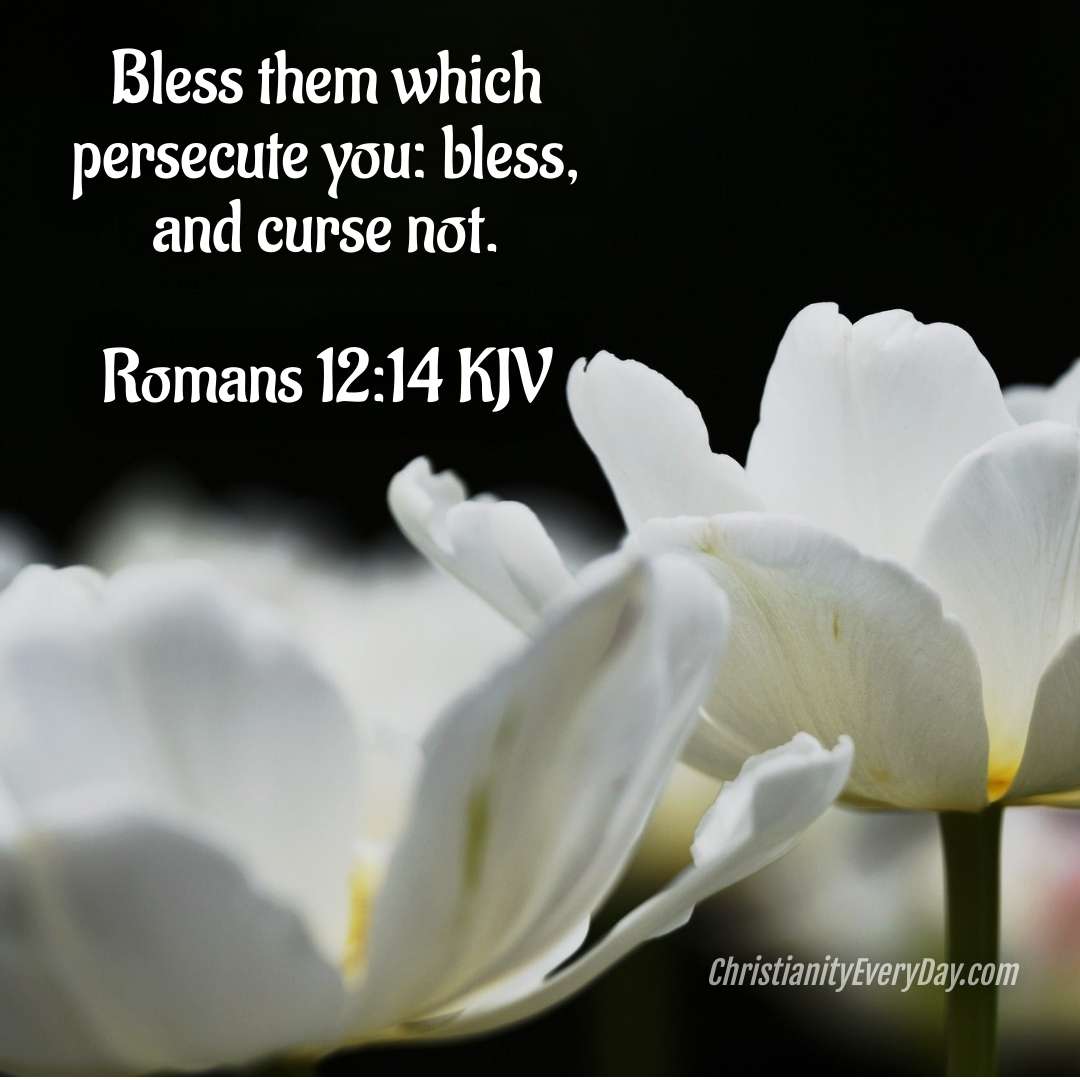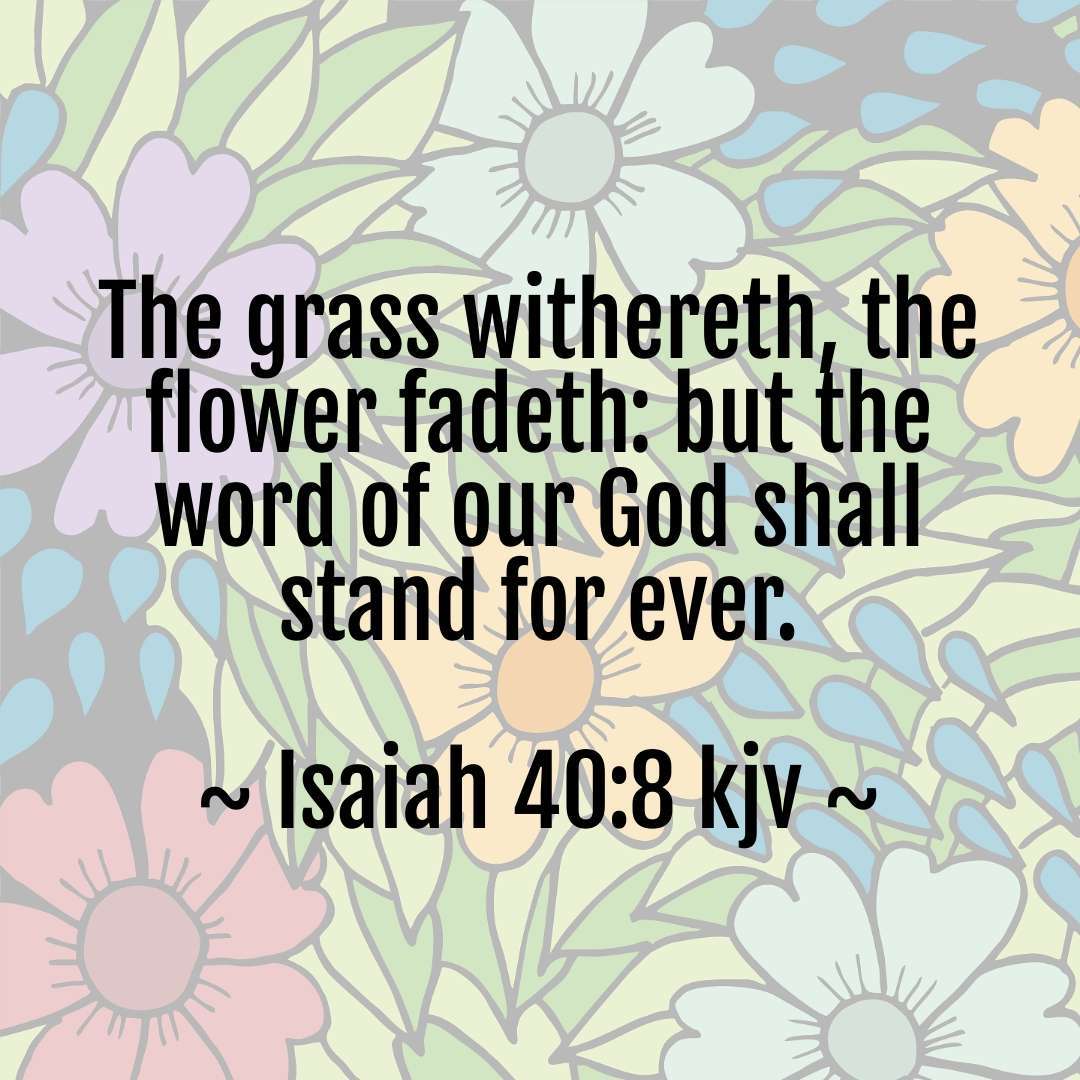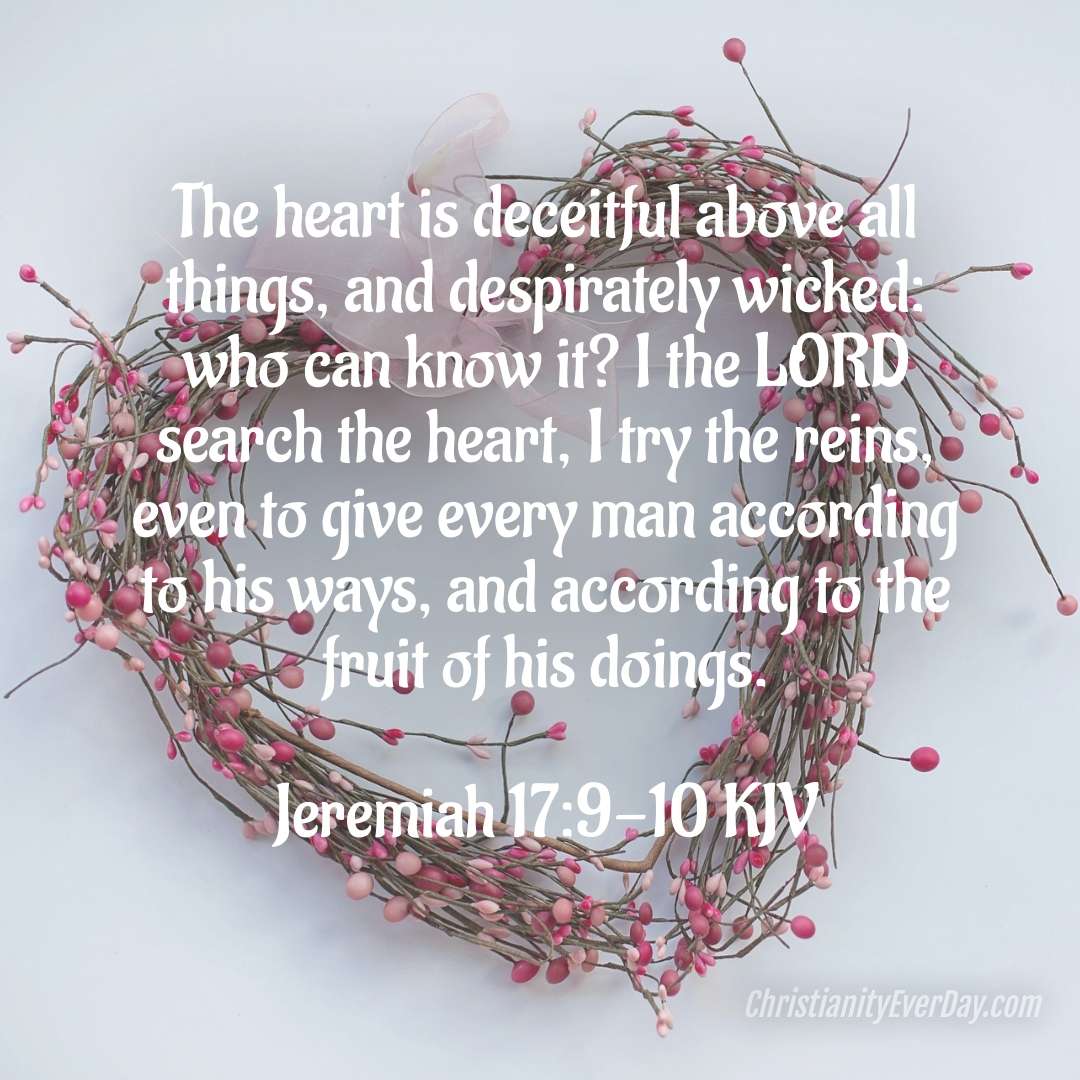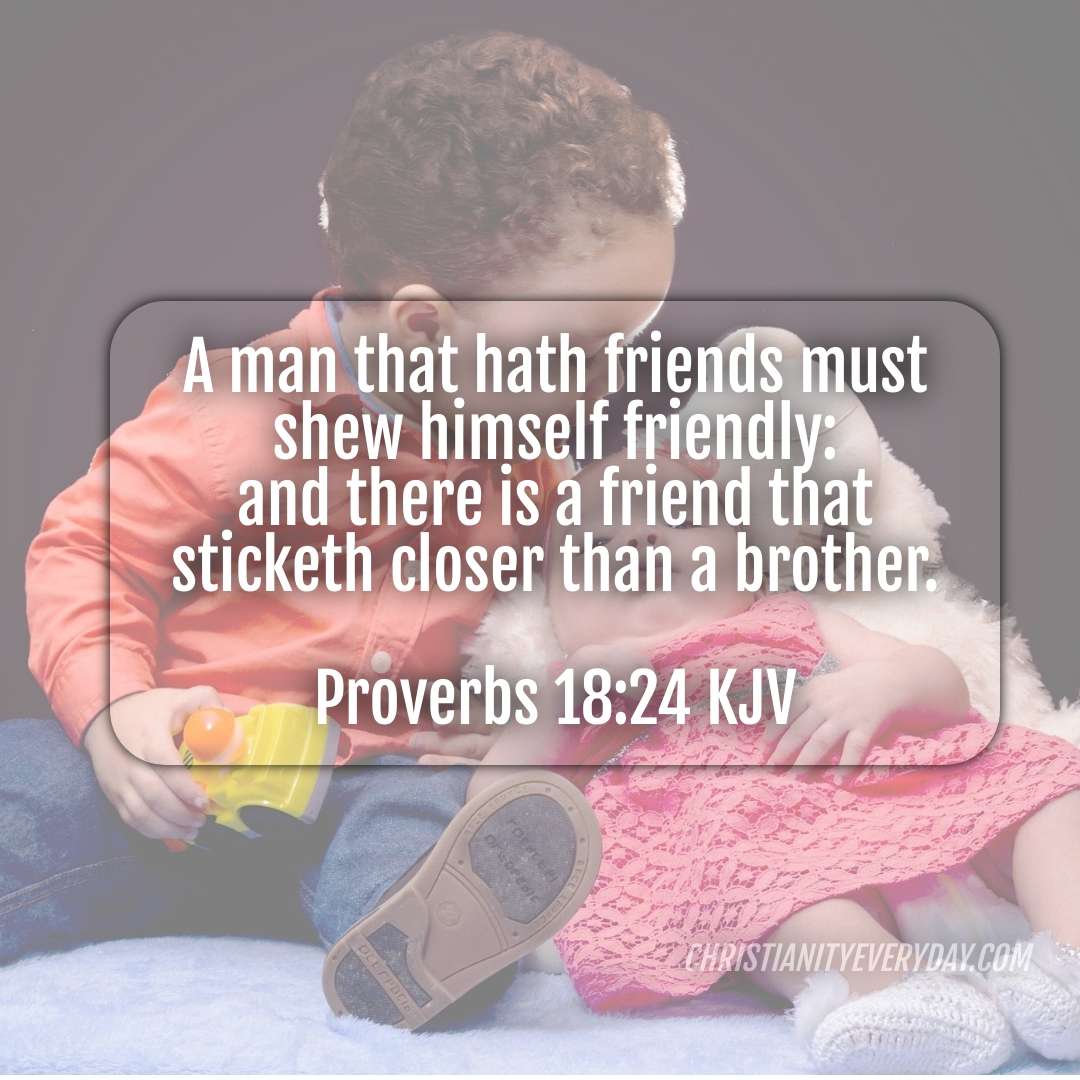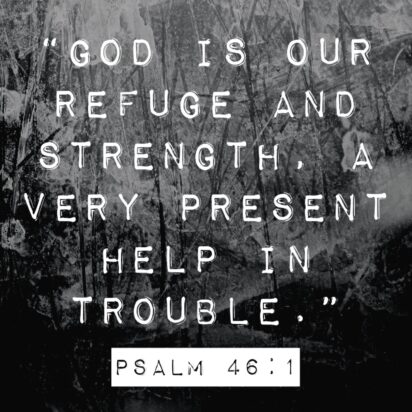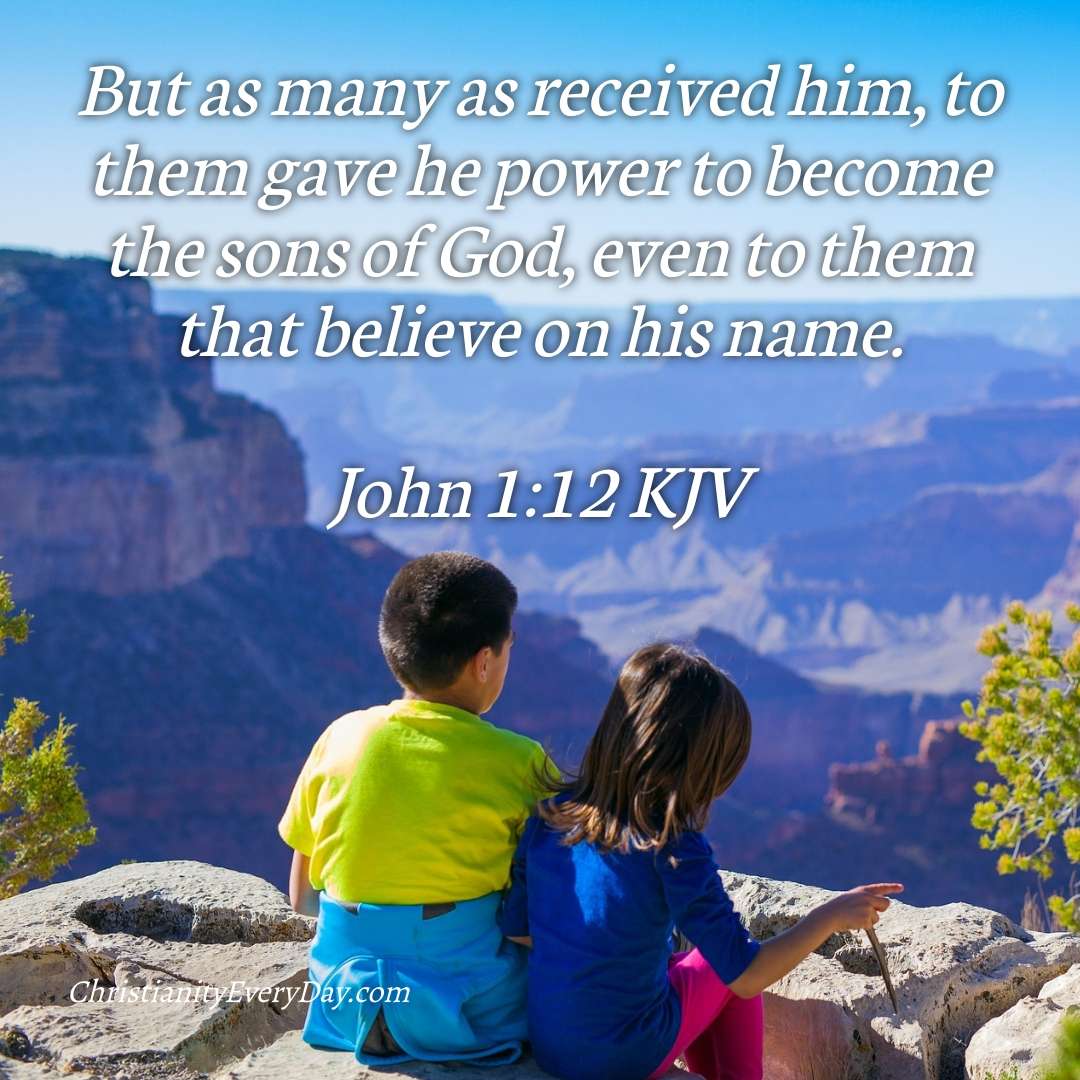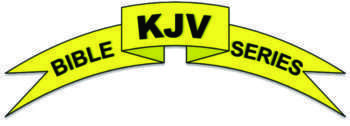Review from part 1 of this series
In part one of our study, What does the Bible say about the Trinity, we learned that there are differing opinions about the concept of the trinity. We also learned that some translations have corrupted the Biblical text concerning the trinity, which makes study of the trinity difficult. We saw from 1 John 5:7 that the Father, the Word, and the Holy Spirit are one. Finally, we learned a little bit about who God is. In part two of what does the Bible say about the trinity, we will continue our brief study of the trinity by exploring the central core of the trinity, God.
How many Gods are there?
A reference to this can be seen in Genesis 1:26 and Genesis 3:22 where God says He will create man in “our” image and that man had become as “one of us.” The use of the plural “our” and “us” acknowledges the Father, Son, and Holy Spirit. Likewise, the word God used in these references is the Hebrew word Elohim. Elohim is a plural word for God. In Hebrew, unlike English, plural is three or more. Two would be called dual. Therefore, Elohim is referring to three persons. Yet, in Genesis 1:27, we are told that God made man in “his” own image. Also, we are told in Genesis 3:23 that He (God) drove man out of the garden. Clearly these are references to a single person.
One God – three coexisting persons
So, we have one God, with three coexisting persons. This sounds confusing, but some have described this using the reference to water in three forms. Frozen water is solid ice, room temperature water is liquid, and evaporated water is steam. Three different forms from the same water. However, God can be three different forms at the same time because He is present everywhere (Psalms 139:6-12; Jeremiah 23:24). This is because God is not limited to time and space. With this understanding we can now understand references to the Father, Son, and Holy Spirit all being God.
Finally, we must look at other references to know that there is only one God. We see these references as follows:
Unto thee it was shewed, that thou mightest know that the LORD he is God; there is none else beside him. (Deuteronomy 4:35)
Ye are my witnesses, saith the LORD, and my servant whom I have chosen: that ye may know and believe me, and understand that I am he: before me there was no God formed, neither shall there be after me. I, even I, am the LORD; and beside me there is no saviour. (Isaiah 43:10-11)
Fear ye not, neither be afraid: have not I told thee from that time, and have declared it? ye are even my witnesses. Is there a God beside me? yea, there is no God; I know not any. (Isaiah 44:8)
Seeing it is one God, which shall justify the circumcision by faith, and uncircumcision through faith. (Romans 3:30)
Thou believest that there is one God; thou doest well: the devils also believe, and tremble. (James 2:19)
Final thoughts about one God
Now that we have established that there is one God, we need to establish that the Father, Son and Holy Spirit are God. We will explore the oneness of the Father, Son, and Holy Spirit and conclude our study of the trinity in part 3 of this series.
<<Trinity Part 1 ———- Trinity Part 3>>
Resource – Scripture quotations are from The Holy Bible, King James Version

Dr. Michael L. Williams, Head of Ministry Operations and Technology at Christianity Every Day, is a Christ-centered Author, Educator, Biblical Counselor and Advisor. He is ordained in Pastoral Ministry and formerly the founding Pastor of Selah Mountain Ministries, a church started along with his wife, Pamela Rose, after several years of pastoral experience and training in Biblical Counseling. Selah Mountain provided Biblical counseling and education to the public on how to overcome life issues Biblically on topics such as anger management, marriage, addictions, and other subjects – often referred to as mental illnesses. To learn more about Dr. Mike visit the About page.
